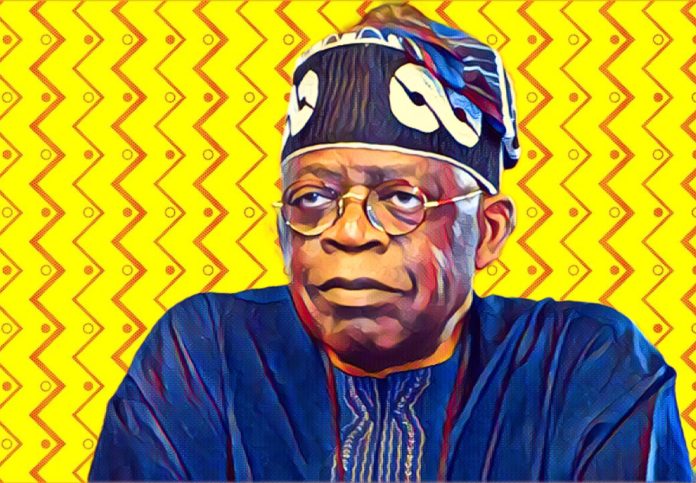KEY POINTS
- Tinubu’s government commits to tackle flooding and desertification firmly.
- Twenty-two Nigerian communities now have access to automated systems that warn of possible floods.
- Agreement reached for agencies to step up their collaboration, use modern technology, and talk directly with communities to raise awareness about risks.
Nigeria’s Federal Government has confirmed its resolve to tackle the ongoing problems of flooding and desertification promising to partner and apply new technology to save both lives and critical infrastructure.
At a meeting involving ministers and leaders of climate and disaster agencies, the SGF George Akume made this statement. Akume sent Dr. Nnamdi Maurice Mberi, Permanent Secretary of the General Services Office, to represent him at the meeting.
The Tinubu administration has made it a priority to take strong steps to reduce flooding and desertification. We are partnering with both federal and state officials to solve these climate problems, Akume said.
Agencies outline preparedness and collaboration
Key representatives from the Ministries of Environment, Water Resources, Disaster Management, and affiliated organizations attended the meeting, which the Office of the SGF supervised.
Ministry of Environment: Usman Bokani, head of Erosion, Flood, and Coastal Zone Management in the Ministry of Environment, revealed that 22 at-risk communities have automated flood warning systems in place. Local flood vanguards have been put in place to support flood monitoring and reporting.
The National Space Research and Development Agency said: DG Dr. Matthew Adepoju said geo-spatial technology was being used to watch water levels at Lagdo Dam in Cameroon, where flooding often affects Nigeria.
Nigeria Hydrological Services Agency (NIHSA): According to DG Dr. Umar Ibrahim Mohammed, NIHSA is collaborating with NiMet to make seasonal outlooks and flood forecasts. The Director General said that NIHSA’s grassroots risk communication system is necessary for passing on early warnings.
Nigerian Meteorological Agency (NiMet): According to Prof. Charles Anosike, NiMet produces real-time forecasts for weather and floods using the Seasonal Climate Prediction, flash flood maps, and quarterly climate bulletins.
National Emergency Management Agency (NEMA): Dr. Onimode Bandele of NEMA said NEMA is ready to help communities that have suffered from extreme weather and also give out relief materials.
Strengthening synergy and data sharing as regards flooding and desertification
He said that the government could reduce the impact of environmental disasters if aligning, sharing, and enforcing data and policies among relevant bodies improved. He said the goal is to come up with lasting and sustainable answers.
Because climate change is making natural disasters worse around the world, Nigeria’s federal government is taking stronger action to protect at-risk communities and strengthen resilience.



